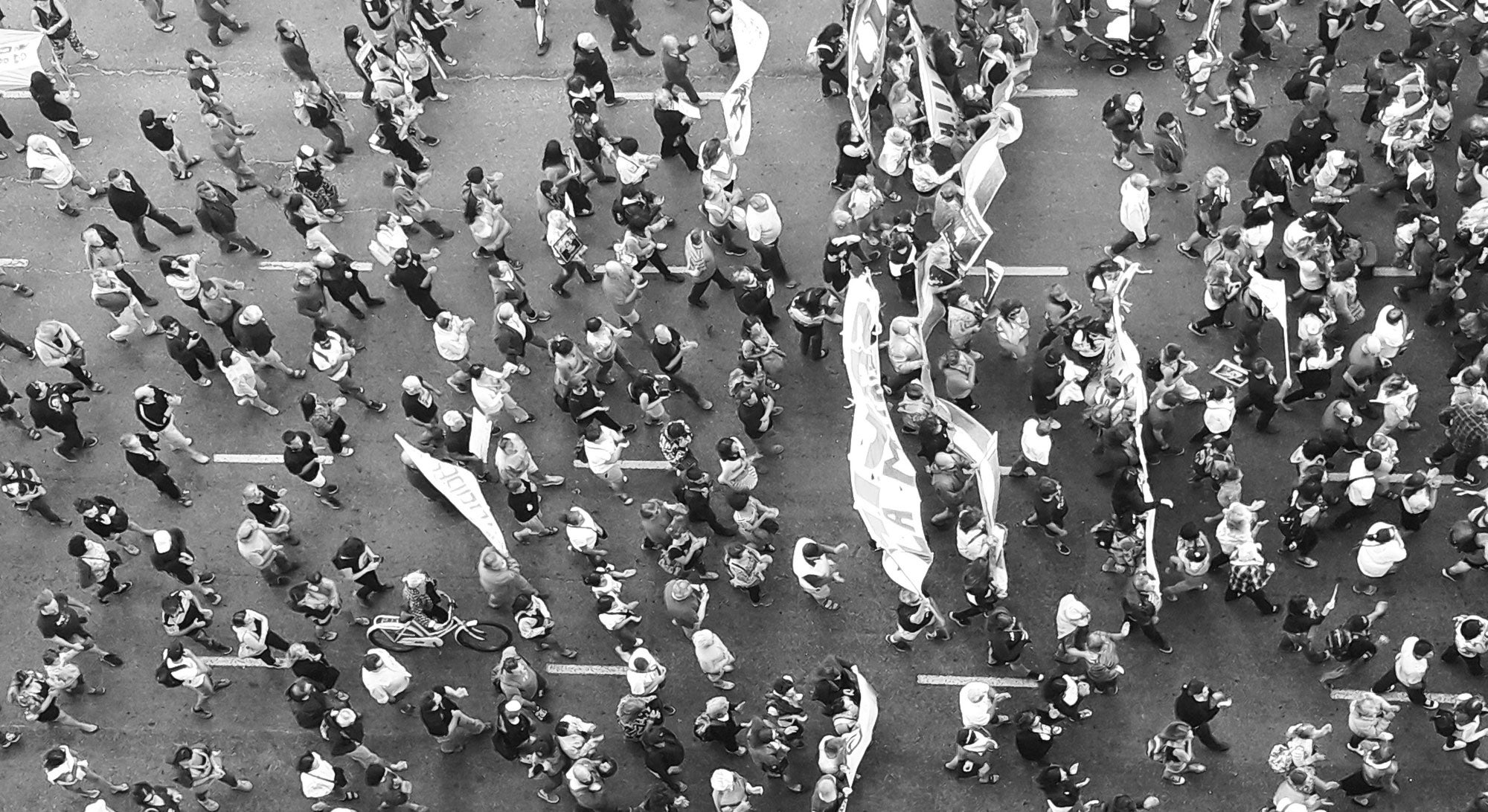A Snapshot of Urban History at the Turn of the 21st Century

More than 370,000 aerial images -- a pictorial odyssey spanning 65 major metropolitan areas in the United States at the turn of the 21st Century -- has been donated to UC Santa Barbara by Pacific Western Aerial Surveys, of Santa Barbara.
Valued at more than $14.3 million, the Citipix Collection is unparalleled in its size, focus, and resolution, said Larry Carver, director of the Map and Imagery Laboratory (MIL) in UCSB's Davidson Library, where the collection will be housed.
No other comparable collection of aerial photography exists for this time period.
The color-stereo images in the archive provide clear detail at up to six inches off the ground.
They were taken by Hauts-Monts, Inc. between 1999-2002, beginning two years prior to 9/11.
The collection consists of original film negatives.
"This is a historic snapshot of the urban history of the United States at the turn of the century that includes major ports of entry, research areas, and coastal services that I have never seen done before at this resolution with aerial photography," said Carver, who had been tracking the collection for several years.
"The Citipix Collection will be an invaluable resource for researchers and urban planners, as well as for the public sector.
It is a significant addition to the Map and Imagery Library's extensive collections of historic aircraft and satellite imagery."
Brenda Johnson, the university librarian, said this latest addition will enhance the distinction of UCSB's imagery collection, already one of the most extensive in the U.S. academic community.
"The Citipix gift enhances one of the true treasures of our library, the Map and Imagery Laboratory, home of the Alexandria Digital Library," said Johnson.
"We are thrilled that the owners of Pacific Western Aerial Surveys, UCSB parents Michael Kambitsch and his wife, Susan Lord, so generously donated this irreplaceable collection.
We anticipate heavy use of these images by faculty, corporations, and government agencies."
Because aerial photographs are shot straight down, they are extremely accurate. As a landscape is altered over time, mosaics of such photographs become a valuable resource for geologists tracing earthquake faults, biologists, historians, archaeologists, land use planners, engineers, attorneys settling property disputes, pollution monitoring, and public health officials tracking disease vectors.
UCSB's Map and Imagery Laboratory serves the academic and research needs of the University of California, the state university system, business, industry, federal and state government, and other domestic and foreign educational institutions.
The facility advances the interdisciplinary use of spatial data and provides technologies for integrating diverse information formats.
It is a primary information source for regional, national, and global academic research.
The MIL is also the home of the Alexandria Digital Library (ADL), which provides geospatial searching as well as data access via the Internet.
The ADL includes a six-million item gazetteer of place names and a two-million item catalog that includes metadata for several terabytes of online digital data.
Issued: 8/7/08; Corrected: 9/16/08; Corrected: 2/11/09.
Related Links



